My heart soared when I first heard the phrase ‘progressive alliance’ in this election campaign. Not the reaction you’d expect, perhaps, but any attempt to persuade people to vote tactically on the eve of a general election is doomed to failure. A complete waste of time. I should know because I tried to get a similar venture off the ground three years ago.
Mine was a conservative version, obviously. In 2014 I was worried that the split on the right would enable Ed Miliband to become our next prime minister. So I launched a Unite the Right campaign and set about trying to persuade supporters of Ukip and the Tories to vote for which-ever candidate in their constituency was best placed to defeat the Labour candidate. Our slogan was ‘Country Before Party’.
It quickly became apparent that the leaders of both parties wanted nothing to do with it. Not only would it have meant persuading some already selected candidates to stand down, but the negative effect of entering into an electoral pact would have outweighed the gains. In other words, each party calculated that an alliance with the other would be regarded as so toxic by many of its supporters — particularly its activists — that it would put off more voters than it would attract. And that is exactly why the leaders of the Labour Party and the Lib Dems have categorically ruled out any sort of alliance in this campaign. Jeremy Corbyn knows that his hard left supporters would be scandalised by a link up with the Lib Dems, while Tim Farron knows he won’t have a hope of winning back swing voters in the south-west if he gets into bed with Labour.
Not that I gave up at this point. I decided Unite the Right should be a bottom-up campaign — a grass-roots tactical voting alliance. But then I encountered a major problem. It wasn’t always obvious which candidate was best placed to beat Labour in each constituency. Should we go on the 2014 European election result or the 2010 result? What weight should we give to the locals? Should we take into account whether the Tory candidate was a eurosceptic or not? Hard to get Kippers to vote for a europhile, after all.
The difficulty wasn’t so much resolving these issues, although that was challenging enough, but creating a single body that could issue instructions about how to vote in each seat that would be followed by the supporters of both parties. It dawned on me that working all this out, creating an Académie française of the Unite the Right campaign and then marshalling my ground forces would take far longer than the year I had before the next election.
And this, of course, is exactly the problem the anti-Brexit alliance has. Take the constituency of Vauxhall, for instance. The person best placed to beat the Tory candidate is Kate Hoey, the sitting Labour MP. Trouble is, she’s a bug-eyed eurosceptic. Should the promoters of the tactical voting alliance urge its sympathisers to vote for her or the europhile Lib Dem? It’s far from obvious, and not helped by the fact that when Paul Mason appeared on Newsnight last week he said he would be voting ‘tactically’ against Kate Hoey even though he wants Corbyn to be Prime Minister.
To sort out issues like this, you need a single, tactical voting authority that puts out a clear line, and there is no such body representing the progressive alliance. On the contrary, you’ve got Gina Miller in one corner, Tony Blair in another, Ben Goldacre in another and Open Europe in another, and they can’t agree on which constituencies to target or who people should vote for. The promoters of the ‘coalition of chaos’, to use CCHQ’s brilliant attack line, are themselves a chaotic coalition. And their chances of sorting all this out within seven weeks are vanishing to zero.
I don’t want to sound too supercilious because I was guilty of a similar folly. But it is symptomatic of how un-serious the opponents of leaving the EU have been since they were wrong-footed on 23 June. As with their other efforts to obstruct Brexit, there’s something infantile about it — they seem more intent on throwing their toys out of the pram than actually stopping it. Theresa May will win on 8 June because she’s the only grown-up in the room. And the disorganised rabble promoting the progressive alliance just reminds voters of that fact.
Got something to add? Join the discussion and comment below.
Get 10 issues for just $10
Subscribe to The Spectator Australia today for the next 10 magazine issues, plus full online access, for just $10.
You might disagree with half of it, but you’ll enjoy reading all of it. Try your first month for free, then just $2 a week for the remainder of your first year.


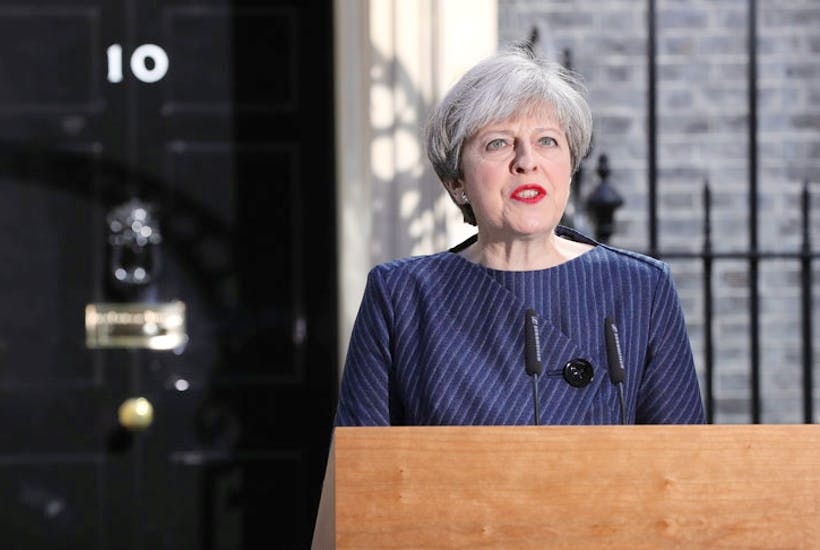
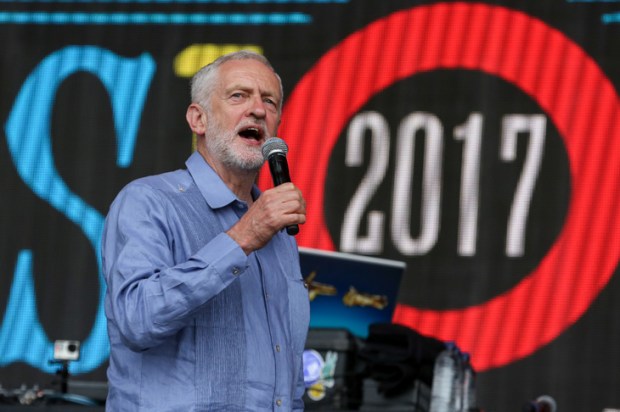
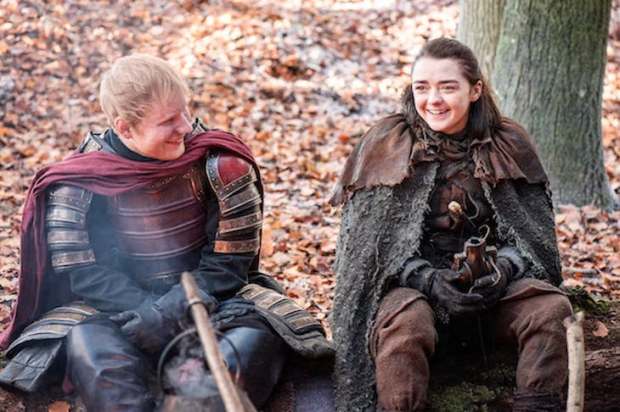

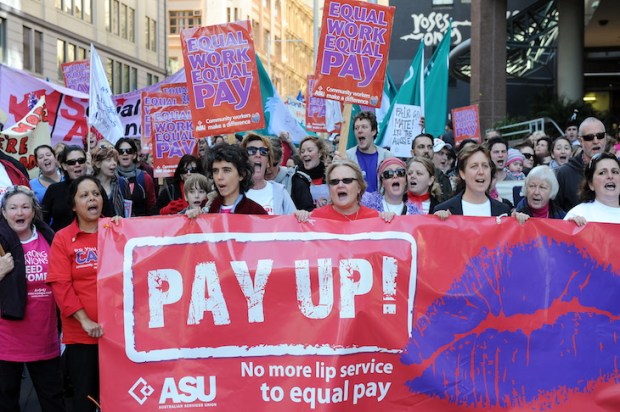

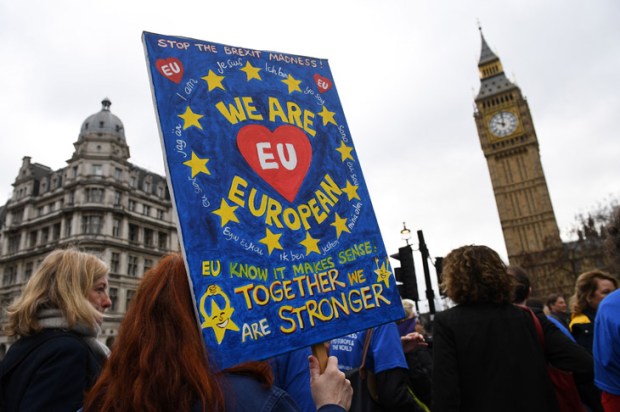






Comments
Don't miss out
Join the conversation with other Spectator Australia readers. Subscribe to leave a comment.
SUBSCRIBEAlready a subscriber? Log in